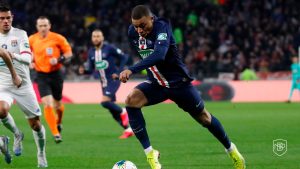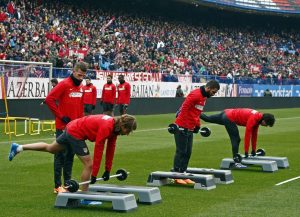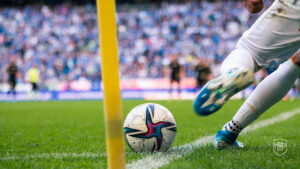One of the objectives of the Master in High Performance Football at MBP School of Coaches is for each student to leave with their own game model. Created in detail, from the beginning to the end, and incorporating and capturing each and every one of those new learnings obtained during the 16 weeks of soccer immersion.
We create the own game model with all those new ideas and tools belonging to all the dimensions of the coach, but it is essential that model has a very personal part. A part of what I am, where I come from and where I want to go. A part of own experiences, of ideologies, beliefs, values and emotions in the way of seeing and feeling football.

Lately we hear too much from time to time through the media or social networks, people outside the coaching staff judging the way a team plays. As they say, always “we are the best coach of the team that we do not train”.
We will agree that we can assess if the structure of the team is adequate or not in each phase and moment of the game, the players who develop that idea, the changes made by the coach, etc. But the part that we believe is non-negotiable is the identity of the team.
This identity of the team is closely related to the essence of the coach and how it adapts this way of understanding and living football in the specific context in which it is located. This idea, whether or not we agree with what we feel or believe from outside, we can not detract from or underestimate.
The reason is very simple: each coach must play the football he feels inside, otherwise he will be betraying his values and will be losing coherence, security and power in the message to his players. We can not ask Simeone to play as Guardiola, or Guardiola to play as Simeone.
We can not sell you in the same way a game idea that is not ours to our team, that one that comes from within us. This ability to convince the player, to share training, talks, macro or micro analysis of the games played etc. loses power and coherence.
It is always good to see and hear other perspectives to gradually improve and evolve our game model, but we must not allow a run of negative results in competition or external pressures to make us doubt our understanding of football.
Bearing this in mind, it is essential for the high-performance coach to develop skills in game analysis and capacity of reflection so as not to be tempted, and to be able to identify and adapt all aspects of the team structure (principles, sub- principles, scenarios, etc) to little by little, without betraying our ideas, will be every day closer to success.






